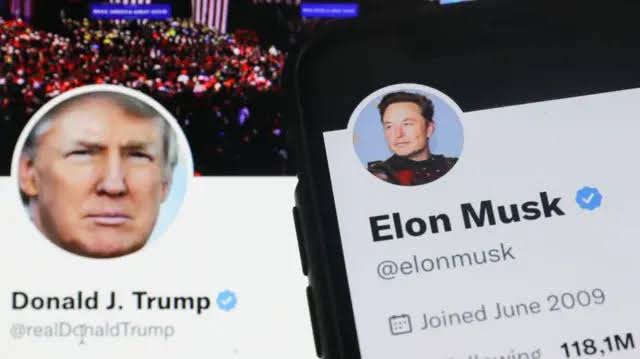Elon Musk and his platform X (formerly Twitter) have emerged as major players in the misinformation landscape surrounding the 2024 US elections, with misleading claims by Musk himself accumulating a staggering two billion views this year.
This alarming statistic comes from a report by the Center for Countering Digital Hate, highlighting the platform’s role in shaping public discourse as the election approaches.
This year, Musk has made at least 87 posts related to the US election, many of which fact-checkers have labeled as false or misleading.
In Pennsylvania—a pivotal swing state—users have exploited instances where local election officials flagged incomplete voter registration forms, misrepresenting these events as election interference. Philip Hensley-Robin, executive director of Common Cause in Pennsylvania, remarked, “Some X accounts implied there was voter fraud, when in fact election officials were merely ensuring compliance with the rules.”
According to election and misinformation experts, X is instrumental in disseminating false narratives about key battleground states that could determine the presidential outcome. In defense, an X spokesperson pointed to the platform’s Community Notes feature, which allows users to add context to posts, claiming it is more effective at flagging misleading content than traditional warning systems.
Moreover, a recent report from the AI-driven firm Cyabra highlighted how an X account with 117,000 followers played a significant role in circulating a false video that falsely depicted Trump mail-in ballots being destroyed. While X’s spokesperson stated that the platform has taken action against several accounts sharing this misleading video, the ongoing proliferation of misinformation poses a significant challenge as the election draws near.
Since Musk’s takeover of the platform, content moderation has significantly decreased, and thousands of employees have been laid off. Musk’s support for former President Donald Trump, who is engaged in a tight race against Democratic candidate Kamala Harris, further complicates the narrative. With nearly 203 million followers, Musk’s tweets can quickly amplify misinformation, creating “network effects” that push false content to other social media platforms, including Reddit and Telegram. Kathleen Carley, a disinformation expert at Carnegie Mellon University, noted, “X acts as a conduit from one platform to another.”
With the stakes higher than ever, the impact of social media on the electoral process remains a critical issue, as misinformation threatens to undermine public trust in the democratic system.

